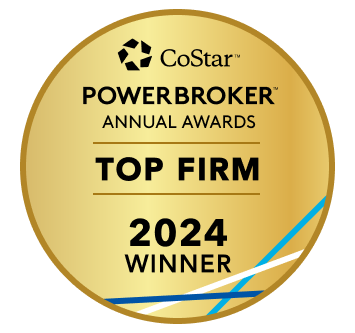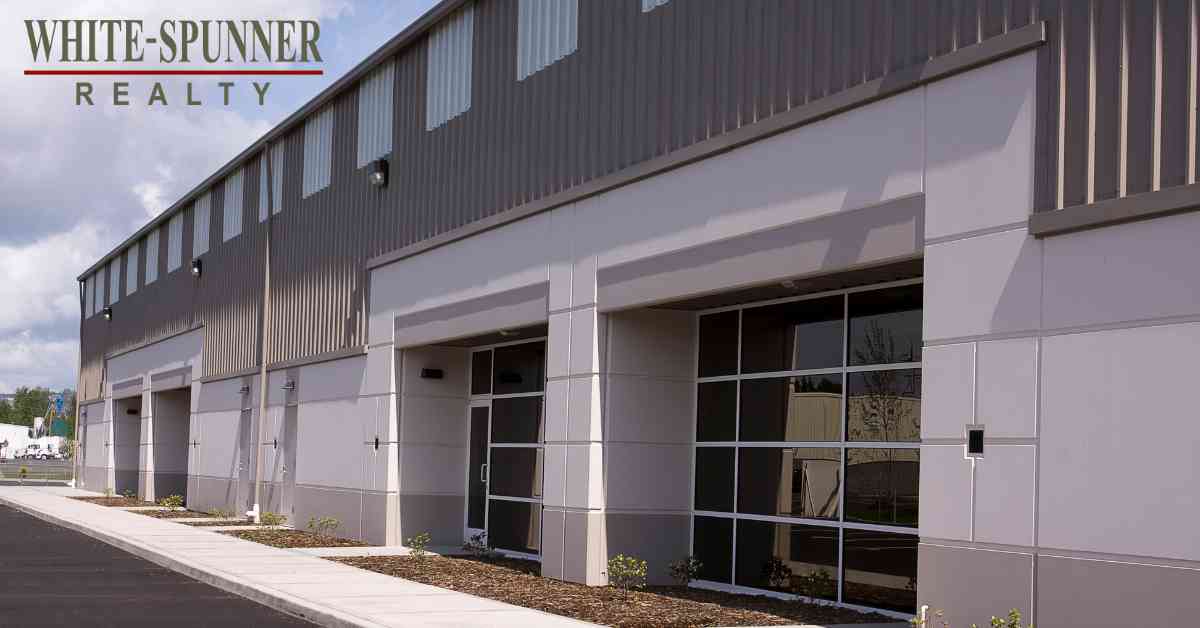For Gulf Coast property owners looking to defer capital gains taxes and make strategic real estate investments, a 1031 exchange can be a valuable tool. The 1031 exchange, named after Section 1031 of the Internal Revenue Code, allows property owners to defer paying capital gains taxes on investment properties by reinvesting the proceeds into another like-kind property. At White-Spunner Realty, we work with clients to help them navigate the intricacies of 1031 exchanges and make smart, tax-advantaged property decisions. Here’s a comprehensive guide on 1031 exchanges and what Gulf Coast property owners need to know.
What is a 1031 Exchange?
A 1031 exchange allows property owners to defer capital gains taxes when selling an investment property by reinvesting the proceeds into another property of equal or greater value. Instead of cashing out and paying taxes, the 1031 exchange lets you grow your portfolio by swapping properties without immediate tax consequences. However, there are strict rules and timelines to follow, so understanding the process is crucial.
Key Benefits of a 1031 Exchange
Tax Deferral
The most significant advantage of a 1031 exchange is the ability to defer capital gains taxes, which can be as high as 20% at the federal level. By rolling over gains into a new property, investors keep more money working for them rather than losing a substantial portion to taxes.
Portfolio Diversification
A 1031 exchange allows investors to diversify their property holdings. For instance, a Gulf Coast investor with a residential rental property can exchange it for a commercial property, retail space or even land, broadening the investment portfolio.
Wealth Accumulation
By deferring taxes through multiple 1031 exchanges, property owners can compound their returns, building substantial wealth over time. Investors can continuously reinvest in more valuable properties, enhancing income potential and capital appreciation.
Rules and Requirements of a 1031 Exchange
The IRS enforces strict rules and timelines for 1031 exchanges to ensure compliance. Here are the major requirements:
Like-Kind Property
The replacement property must be of “like-kind,” meaning it must also be an investment or business property. For example, an investor cannot swap a personal residence for a rental property. However, a wide variety of properties qualify as like-kind, including swapping commercial for residential rental properties or vice versa.
Timeline Restrictions
Identification Period
Property owners must identify a replacement property within 45 days of selling their original property. The identified property must meet the IRS guidelines for like-kind.
Exchange Completion
The entire exchange process must be completed within 180 days of the sale of the original property. If either of these deadlines is missed, the exchange will be disqualified, and capital gains taxes will be due.
Use of a Qualified Intermediary (QI)
To prevent property owners from accessing the proceeds directly, the IRS requires a qualified intermediary to handle the funds during a 1031 exchange. The QI holds the proceeds from the sale and transfers them to purchase the new property, ensuring compliance with IRS regulations.
Equal or Greater Value
The replacement property’s value must be equal to or greater than the sold property to fully defer capital gains taxes. If the new property is of lesser value, the difference, known as “boot,” may be subject to taxes.
Why Gulf Coast Property Owners Should Consider a 1031 Exchange
For property owners along the Gulf Coast, a 1031 exchange can provide unique benefits. Real estate values in coastal areas often appreciate over time, making it an ideal market for long-term investment. By reinvesting in Gulf Coast properties, investors can benefit from a stable and potentially lucrative market while leveraging the tax advantages of a 1031 exchange.
Additionally, Gulf Coast investors can diversify their holdings within the region by exchanging one type of property for another. This flexibility can help mitigate risks while increasing exposure to different property types, such as beachfront vacation rentals, commercial spaces or undeveloped land.
At White-Spunner Realty, we specialize in helping Gulf Coast investors maximize their real estate investments through effective strategies like 1031 exchanges. If you’re considering selling an investment property and want to explore tax-saving opportunities, contact us today to learn how a 1031 exchange might benefit you.


